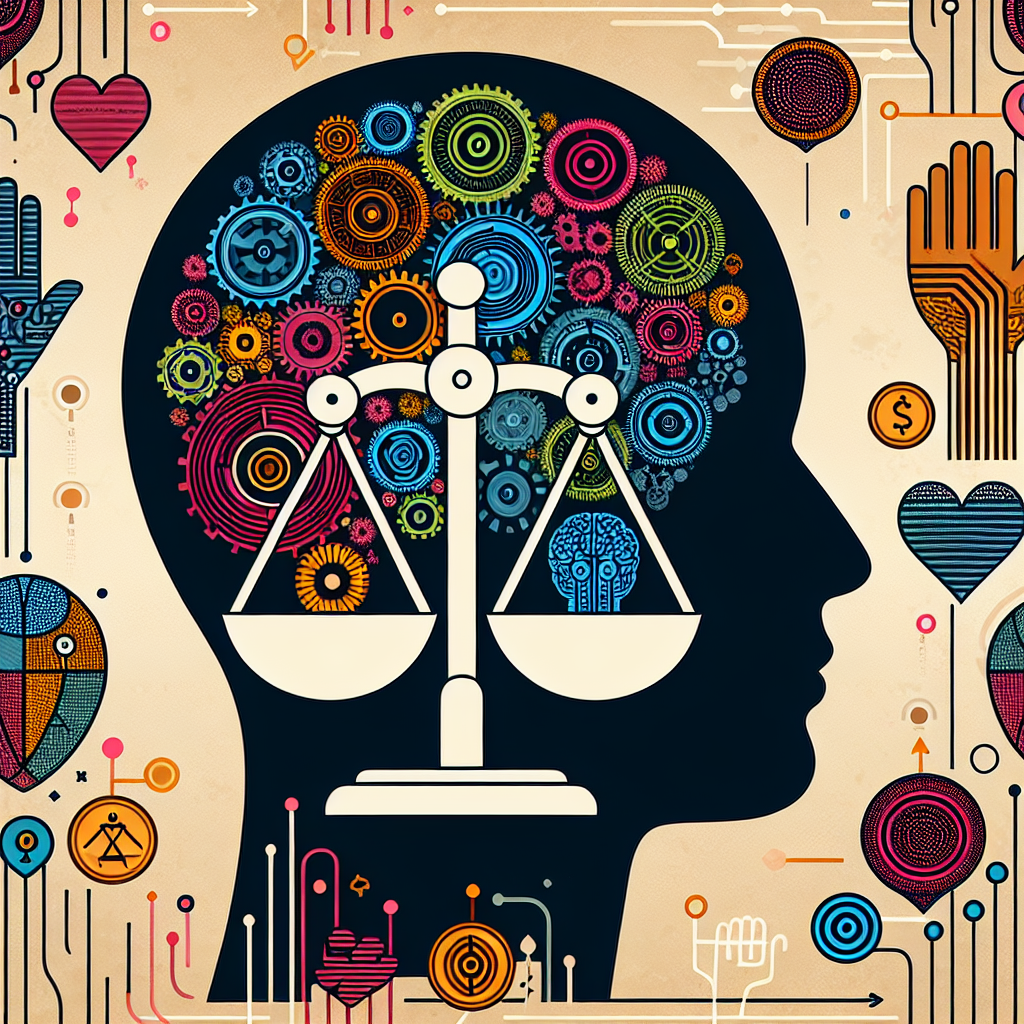Artificial intelligence (AI) has the potential to revolutionize the way we address racial injustice and inequity in society. With its ability to analyze vast amounts of data and identify patterns and trends, AI can help identify and address systemic issues that perpetuate racial disparities. Philanthropy plays a crucial role in supporting AI initiatives that aim to promote racial justice and equity. By investing in AI research and development, philanthropic organizations can help create innovative solutions to address racial inequality and promote social justice.
The Role of AI in Addressing Racial Injustice and Equity
AI has the potential to address racial injustice and inequity in a number of ways. One of the key benefits of AI is its ability to analyze large amounts of data and identify patterns and trends that may not be apparent to human researchers. This can help identify systemic issues that perpetuate racial disparities and inform policy decisions and interventions to address them.
For example, AI can be used to analyze data on police interactions with communities of color to identify patterns of racial bias and discrimination. This can help hold law enforcement accountable for discriminatory practices and inform efforts to reform policing practices to promote racial justice and equity.
AI can also be used to identify and address disparities in healthcare access and outcomes for communities of color. By analyzing healthcare data, AI can help identify factors that contribute to racial disparities in health outcomes and inform interventions to address them. For example, AI can be used to develop predictive models to identify at-risk populations and target interventions to improve health outcomes for communities of color.
In addition, AI can be used to promote diversity and inclusion in the workplace. By analyzing hiring and promotion data, AI can help identify bias in recruitment and promotion processes and inform efforts to promote diversity and equity in the workplace. AI can also be used to develop training programs to promote cultural competence and reduce bias in the workplace.
Philanthropy and AI
Philanthropic organizations play a crucial role in supporting AI initiatives that aim to promote racial justice and equity. By investing in AI research and development, philanthropic organizations can help create innovative solutions to address racial inequality and promote social justice.
For example, the Ford Foundation has invested in AI research to address racial bias in predictive policing algorithms. By funding research to develop fair and transparent algorithms, the Ford Foundation is working to promote racial justice and equity in law enforcement.
The Chan Zuckerberg Initiative has also invested in AI research to address racial disparities in healthcare. By funding research to develop predictive models to identify at-risk populations and target interventions to improve health outcomes for communities of color, the Chan Zuckerberg Initiative is working to promote health equity.
In addition to funding research, philanthropic organizations can also support AI initiatives through partnerships with AI companies and research institutions. By collaborating with AI experts, philanthropic organizations can leverage the expertise and resources of the tech industry to develop innovative solutions to address racial injustice and inequity.
FAQs
Q: How can AI help address racial injustice and inequity?
A: AI can help address racial injustice and inequity by analyzing data to identify patterns and trends that perpetuate racial disparities. This can help inform policy decisions and interventions to address systemic issues that contribute to racial inequality.
Q: How can philanthropic organizations support AI initiatives to promote racial justice and equity?
A: Philanthropic organizations can support AI initiatives by funding research and development, partnering with AI companies and research institutions, and advocating for policies that promote diversity and inclusion in AI development.
Q: What are some examples of AI initiatives that address racial injustice and inequity?
A: Examples of AI initiatives that address racial injustice and inequity include research to develop fair and transparent algorithms for predictive policing, predictive models to identify at-risk populations and target interventions to improve health outcomes for communities of color, and training programs to promote cultural competence and reduce bias in the workplace.
In conclusion, AI has the potential to revolutionize the way we address racial injustice and inequity in society. By analyzing data and identifying patterns and trends, AI can help identify systemic issues that perpetuate racial disparities and inform policy decisions and interventions to address them. Philanthropic organizations play a crucial role in supporting AI initiatives that aim to promote racial justice and equity. By investing in AI research and development, philanthropic organizations can help create innovative solutions to address racial inequality and promote social justice. Together, AI and philanthropy can help create a more equitable and just society for all.

